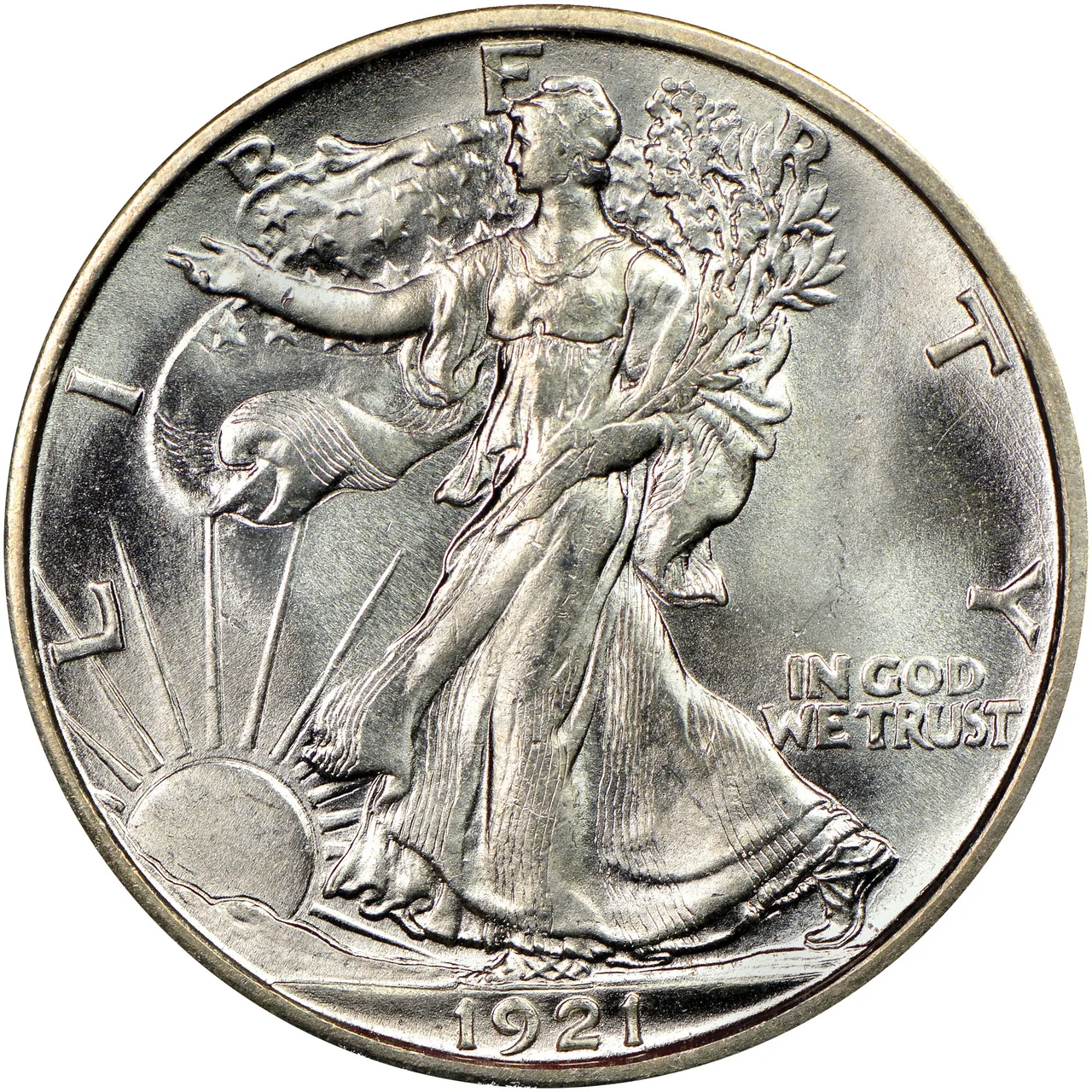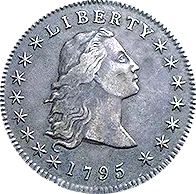I did a post this afternoon on numismatic coins. Here is the link.
https://steemit.com/steemsilvergold/@silverd510/collecting-numismatic-coins

The most successful coin collectors take time to learn as much as they can about numismatics. They not only study coins but the dynamics of the market as well. To learn about coins, I strongly suggest that you buy and read as many books as possible. You can supplement these books with specific catalogs that relate to your chosen field of specialization. A serious collector might even go as far as creating a database of prices that relate to his specialty. Other suggestions for new collectors include subscribing to periodicals such as Coin World and Numismatic News. You should join the American Numismatic Association and use their library (they will send books by mail to members). Become friendly with other collectors and communicate with them by phone or e-mail. And don't be afraid to ask questions.
It is too hard to begin a coin collection without having goals and boundaries. I have always been a strong believer that it is better to view numismatics with a "micro" perspective as opposed to a "macro" perspective. As an example, if you start by collecting Mercury dimes your "world of focus" becomes 70 specific issues. It is realistic to assume that an intelligent individual who is willing to commit time to this area of study could become relatively knowledgeable within a year or two. Becoming a well-versed specialist will allow you to level the playing field between you and dealers and it should enable you to make better purchases

We live in an era of immediate gratification. New collectors often have the urge to jump in very quickly and complete their sets as fast as they can. The best coin collections are built over the course of many years. Sometimes, it is possible to purchase a number of great coins in a very short period of time. But most times, the opportunities to purchase great coins are few and far between. The new collector should avoid the temptation to buy the "wrong coin" just because he needs it for his set and he does not want to wait. Impetuous decisions are invariably incorrect and usually prove costly over the course of time.
Anyone who approaches numismatics with a dispassionate attitude is a virtual certainty to lose money. Conversely, most pure collectors make money; often times in spite of themselves. This is because they buy coins for the right reason: they love them. They what interests them and they carefully research their purchases. They know for example, that a coin similar to one they just purchased sold for 10% more at a major auction. They know that they are not buying overhyped coins at the height of a promotional period. They are not buying coins just because a voice at the other end of the phone told them to and they are not buying them because this person told them their new coins would "increase in value 50-75% over the next three years." Remember this rule because it may be the important one to learn to think and act like a true collector and you will have more fun now and have a better chance to expect a reasonable profit on your purchases over the course of time.
I have seen people spend thousands of dollars on rare coins without having the slightest idea how to grade. They put their complete trust in dealers and in third-party grading. Frankly, this attitude leaves me baffled. If I do not feel very comfortable grading a specific type of coin, I do not buy it. As an example, I think Indian Head half eagles are extremely hard to grade. To be totally honest, I can't grade the damn things. My solution? I don't buy them. By the same token, I feel that I am an excellent grader of Morgan Silver Dollars. So I buy a lot of them. There are some simple rules when it comes to grading. First--and foremost--you need to view as many coins as possible. I would recommend that you attend shows and auctions and carefully look at coins. Secondly, I would take one of the grading classes offered by the American Numismatic Association at their annual Summer Seminars. Thirdly, I would make the decision to specialize, so that you have fewer types of coins to learn to grade. Fourthly, I would try to learn grading tips from the dealer(s) that I buy the majority of my coins from. Finally, I would always remember that while third-party grading is a great safety net for the beginner, there is nothing like your own knowledge.
Understand if you are new to coin collecting and you know next to nothing about coins and the coin market, you have no business purchasing $1,000+ items. I would strongly suggest that you start small and take at least three to six months to study the market. Once you feel more comfortable, you can take a bigger plunge into the coin market.
The regimen that I have discussed above is not easy to follow. Most people are not willing (or able) to follow this approach as it requires considerable discipline and a major commitment of time. If some of these steps seem practical to you and others do not, then I suggest you follow what you can and keep the other steps in the back of your mind as you become better acquainted with numismatics.
Hope that you enjoyed my rant. Please upvote, resteem, comment and follow......
Thank you

